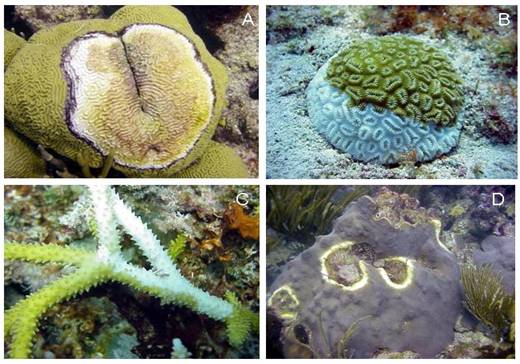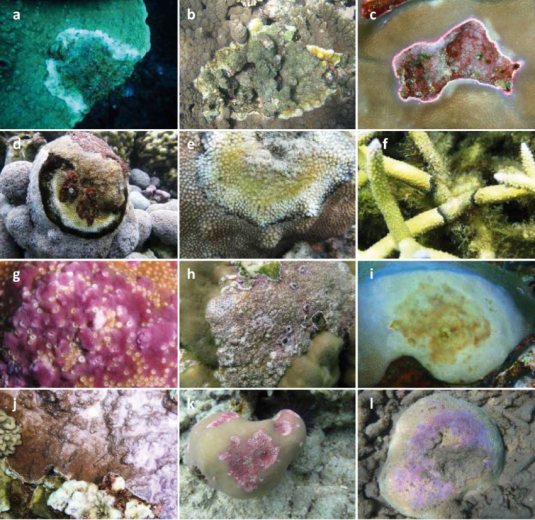- Your cart is empty
- Continue Shopping
Coral Disease: The Silent Killer of Our Oceans

Introduction:
Coral reefs are some of the most diverse and important ecosystems on our planet, providing habitats for millions of species of plants and animals. However, in recent years, coral reefs have been facing a silent killer that threatens their very existence: coral disease. Coral disease is a serious issue that not only impacts the health of the reefs but also the entire ocean's ecosystem. In this article, we will delve into the causes, symptoms, and ways to prevent the spread of coral disease.
What is Coral Disease?
Coral disease is a harmful condition that affects the health of coral reefs. It can cause coral to become diseased, leading to its death. The coral disease can be caused by a variety of factors, including environmental stressors such as water pollution, elevated water temperature, and changes in ocean acidity. Other factors that can contribute to the spread of coral disease include overfishing, disease-causing pathogens, and physical damage to the reef.
Symptoms of Coral Disease
The symptoms of the coral disease can vary depending on the cause of the disease, but they generally include:
- White or brown patches on the coral surface
- Bleaching of the coral tissue
- Death of the coral tissue
- Overgrowth of algae on the coral surface
- Changes in the shape or color of the coral

Causes of Coral Disease
There are many factors that can contribute to the spread of coral disease, including:
- Environmental stressors such as water pollution, elevated water temperature, and changes in ocean acidity.
- Pathogens such as bacteria, viruses, and fungi can infect the coral.
- Overfishing, can disrupt the balance of the reef ecosystem and allow disease-causing pathogens to thrive.
- Physical damage to the reef, such as from boats, anchors, and storm surges.
Preventing the Spread of Coral Disease
There are several ways to help prevent the spread of coral disease, including:
- Reducing water pollution by limiting the use of harmful chemicals and reducing runoff from land-based sources.
- Monitoring water temperature and pH levels to ensure that they are within a safe range for coral health.
- Implementing marine protected areas to reduce fishing pressure and protect the reef from physical damage.
- Conducting research to better understand the causes and spread of coral disease and to develop new methods for preventing and treating the disease.
FAQs about Coral Disease
- What is the main cause of coral disease?
The main cause of the coral disease is environmental stress, including factors such as water pollution, elevated water temperature, and changes in ocean acidity.
- Can coral disease be treated?
Unfortunately, there is currently no cure for coral disease. The best way to address the issue is to prevent its spread through environmental protection and conservation efforts.
- How does overfishing contribute to the spread of coral disease?
Overfishing can disrupt the balance of the reef ecosystem, making it easier for disease-causing pathogens to thrive. This, in turn, can lead to the spread of coral disease.
Conclusion
Coral disease is a serious issue that threatens the health of coral reefs and the entire ocean's ecosystem. By understanding the causes and symptoms of the disease, as well as taking steps to prevent its spread, we can help ensure the survival of these vital ecosystems for future generations. Whether it's through reducing water pollution,

